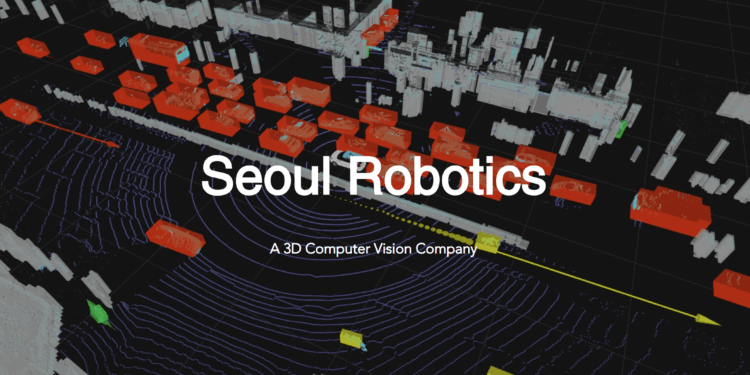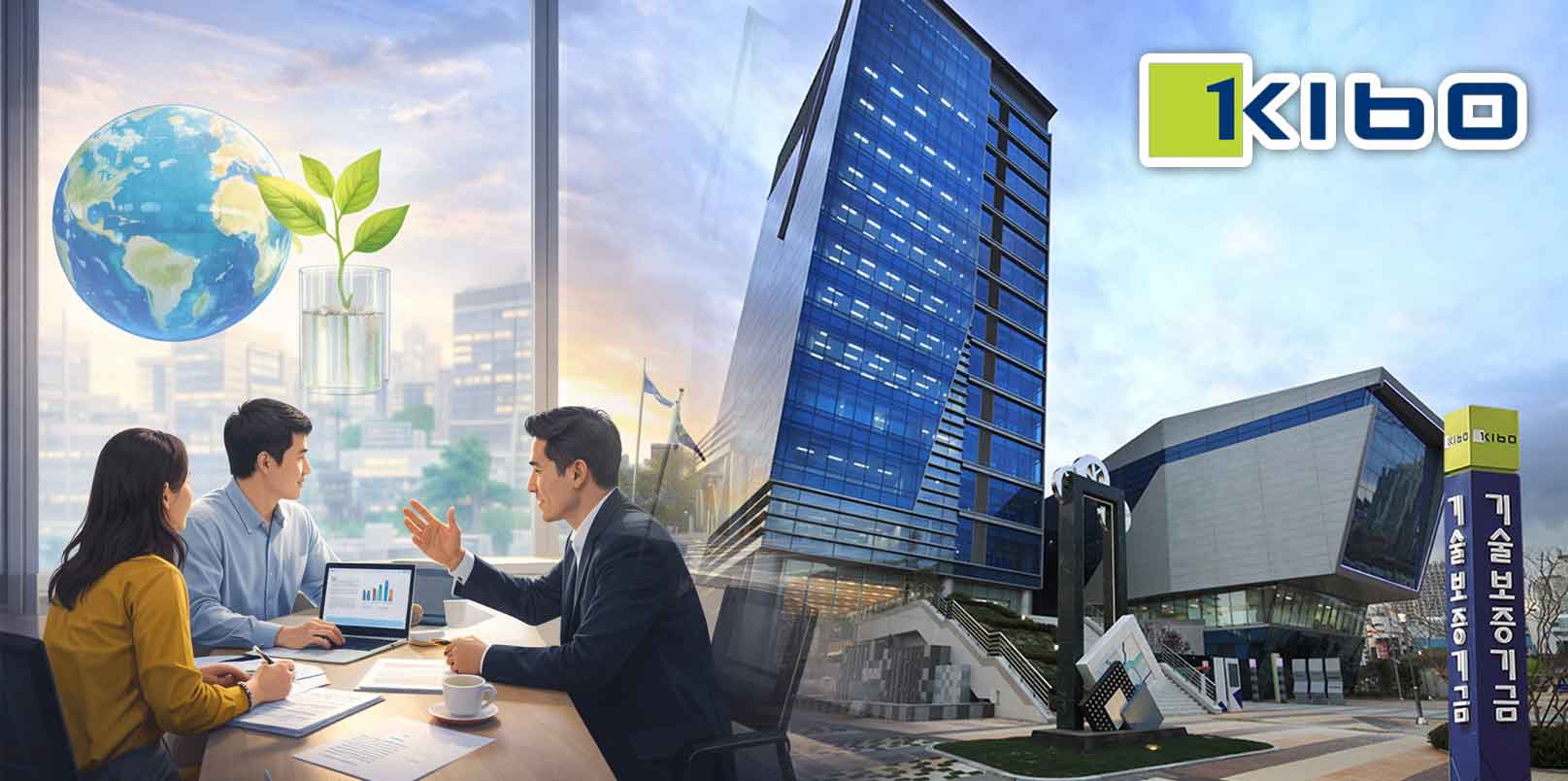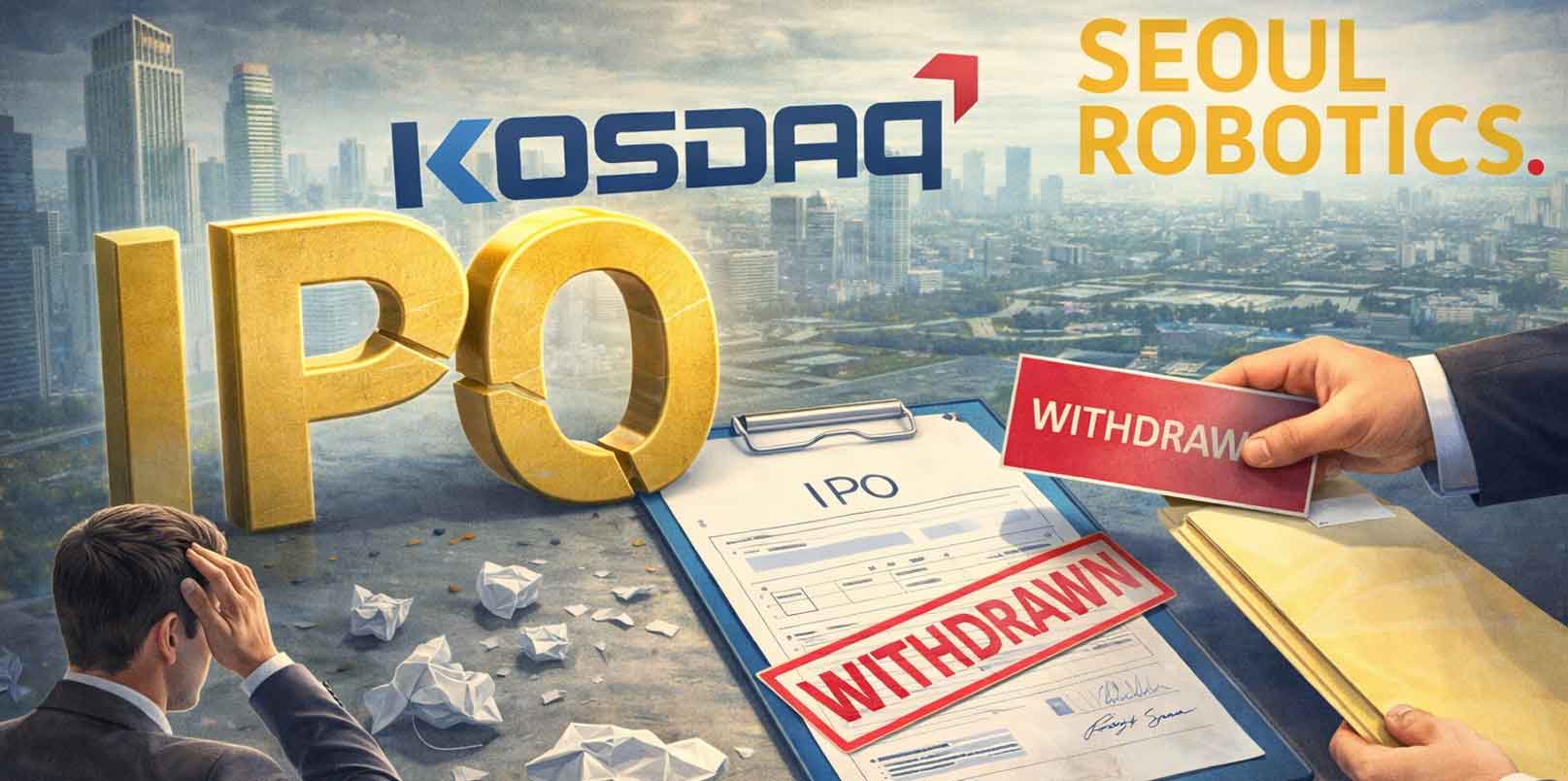The emergence of smart cities and autonomous cars has raised concerns on area monitoring and security for these cities. Firms now rely on the Lidar system (Light, Detection & Range) as the next generation of artificial sensing, which allows them to assess their security network and provide perimeter monitoring services. Autonomous vehicle manufacturers also rely on Aware and Lidar systems for object and environment understanding. However, these firms can’t make their own AI detection systems due to its high production costs reaching tens of millions of dollars and the years of continuous R&D involved in its development.
Korean startup Seoul Robotics serves this international need for Lidar solutions by combining its innovative technology with its strategic relationships across the autonomous car value chain. The startup has formed collaborative relationships with global OEM’s, LiDAR manufacturing partners, Tier 1 suppliers, governments, and engineering solutions providers. Its SENSR suite adds next-generation accurate sensing to LiDAR systems. It gives vehicles and robots the ability to detect, classify, and count pedestrians and vehicles across a wide range of complex spaces.
SENSR™ : Superior accuracy at lower cost
Seoul Robotics’ SENSR™ is an AI-enabled perception platform for 3D Lidars which provides the highest object detection accuracy at minimal computational costs. The SENSR suite maximizes a firm’s use of 3D Lidars by adding next-generation, real-time, spatially precise sensing to its Lidar systems. As a result, companies can fully utilize their Lidar systems without investing millions of money and years in creating their own 3D data processing AIs. The SENSR™ platform detects, classifies, tracks, and predicts objects allowing autonomous vehicles to differentiate between other vehicles, pedestrians, and objects within its sensed environment.
The platform has three variations, each engineered to perform different tasks:
- SENSR M performs mobility tasks by providing detection of more than 150m and prediction of slightly more than 3 seconds. The variation can be applied to autonomous vehicles, advanced driver assistance systems, and delivery robots.
- SENSR I execute monitoring tasks allows robots and autonomous vehicles to identify the number of pedestrians, detect anonymous people, and track objects between various Lidar systems. SENSR I can connect more than 20 different Lidar models from multiple companies. The variation allows autonomous cars to detect the number of pedestrians, area security, and social distancing requirements.
- SENSR S offers smart infrastructure services that allow smart traffic control, avoidance flow analysis, traffic collisions, and factory automation.
Expansion plans
The startup is expanding to international markets by providing its innovative 3D products beyond the autonomous vehicle industry. According to the startup’s CEO, Han Bin Lee,” Seoul Robotics is bringing self-driving car technology to the security and monitoring industry to provide the high-performance perception that the current times require.” The firm’s SENSR Software engine will give vehicles and robots the ability to detect, classify, and count pedestrians, vehicles, and objects anywhere and anytime. The startup believes its SENSRTM will play a vital role in improving CCTV cameras’ network intelligence and retail footfall in the security and monitoring industries. The product’s robust API and SDK allow security companies to connect the Lidar and SENSRTM software to their own and define their security parameters, trigger events, and event zones while on the go.
Seoul Robotics has formed numerous strategic partnerships with domestic and foreign companies to introduce its revolutionary SENSR™ product to a worldwide market. In the autonomous vehicle sector, the startup plans to enter the UK and European markets through its partnership with Level Five suppliers as their leading SENSRTM software supplier. It also joined the Renovo ecosystem in April this year, allowing AWare-powered vehicles to access their advanced 3D computer vision software and Lidar systems. With various global automotive OEMs and Tier 1 suppliers already using its Lidar solutions, the startup looks set to achieve its focus of making robots intelligent.
Also Read,
- Korean startup ROIIVE developing advanced automotive camera applications for autonomous driving
- Mobiltech’s CEO Jason Kim talks about technology that helps 3D mapping for autonomous driving
- Korean startup Twinny Robotics’ autonomous navigation robots help logistics companies reduce cost and save time
- Stradvision’s Autonomous Vehicle Technology gets a boost with $27 million funding






